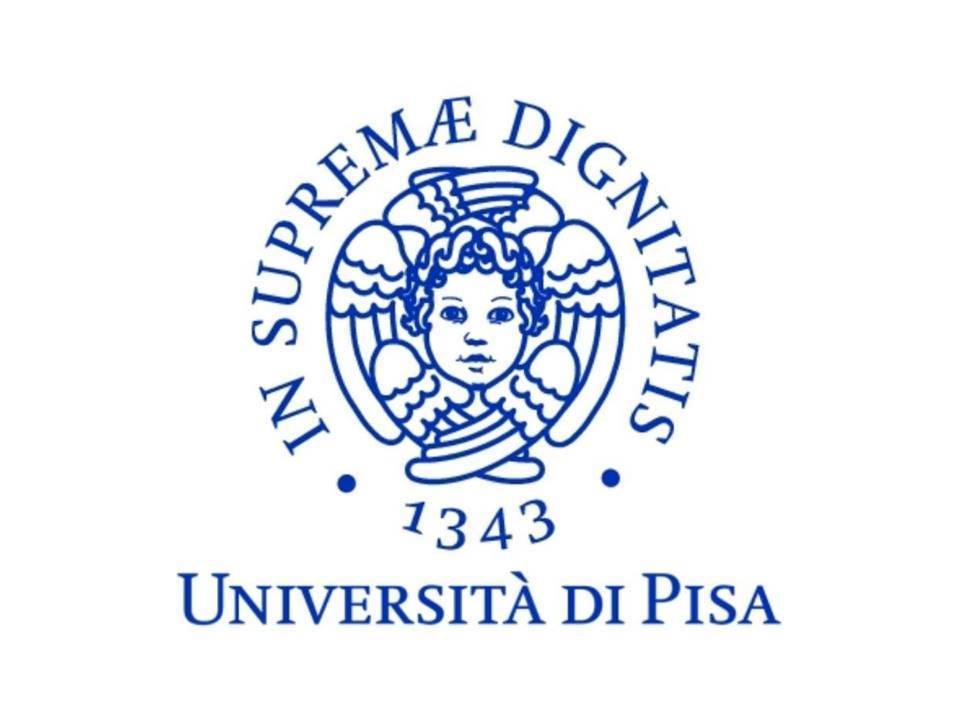
Short Bio
Professor Fabiola Paiar is Associate Professor at the University of Pisa, Department of Translational Research and New Technologies in Medicine and Surgery of the University of Pisa. She is the Director of the Residency School of Radiotherapy, of the University of Pisa, Director of the Radiation Oncology department at Azienda Ospedaliero Universitaria Pisana and Scientific Director of CPFR (Centro Pisano Multidisciplinare sulla Ricerca e Implementazione Clinica della Flash Radiotherapy @CISUP).
Professor Paiar is author of over 140 peer review publications in international journals:
SCOPUS (ID 8596019700)
Total number of publications in peer-review journals: 147 total number of citations: 2.706
H index: 27.
She is researcher in several national and international research projects listed below.
Research project participation and leadership:
– Co-investigator in an athenaeum projects search (PRA) entitled biomarkers of anti-EGFR inhibitors in metastatic colon-rectal cancer.
– Researcher in the project entitled “Nanotechnology for tumor molecular fingerprinting and early diagnosis”financed by Fondazione Pisa (2017).
– Principal Investigator in the Study entitled “LIBIOP” liquid biopsy in patients with oligometastatic prostate cancer treated with radiotherapy stereotassica (PORs FSE 2014-2020 ).
– Collaboration in Italian Association for Cancer Research (AIRC) “Call for Proposals 2017” IG 2017 Study named Oligometastatic and Oligorecurrent Prostates Cancer: enhancing patients’ selection by new imaging biomarkers.
– Collaboration in the study PRIMAGE (PRedictive In-silico Multiscale Analytics to support cancer personalized diaGnosis and prognosis, Empowered by imaging biomarkers) financed by the European Union through Horizon 2020.
– Researcher in Italian Association for Cancer Research (AIRC) project entitled “Endothelial Progenitor Adoptive transfer to treat melanoma and breast cancer by nano-photothermal and radiation therapy”.
– Member of the research group of the project entitled “ CHAIMELEON Accelerating the lab to market transition of AI tools for cancer management” financed by the European Union .
– Member of the research group of the project entitled “EuCanImage “A European Cancer Image Platform Linked to Biological and Health Data for Next-Generation Artificial Intelligence and Precision Medicine in Oncology” financed by the European Union;
– Member of the research group of the project entitled Procancer-I An AI Platform integrating imaging data and models, supporting precision care through prostate cancer’s continuum” financed by the European Union.
– Member of the research group of the project entitled NAVIGATOR “An Imaging Biobank to Precisely Prevent and Predict cancer, and facilitate the Participation of oncologic patients to Diagnosis and Treatment” financed by Regione Toscana (Bando Ricerca Salute 2018);
– Local PI in a project search endorsed by Regione Toscana entitled “ Thermoablation of melanoma and mammary carcinoma with injected nanoparticles coupled to radiotherapy “ financed by Regione Toscana (Bando Ricerca Salute 2018) (THERMINATOR).
– Member of the research group of the project entitled FRIDA (FLASH Radiotherapy with hIgh Dose-rate particle beAms (financed by INFN)).
– PI WP 5 SPOKE 1 project “Tuscany Health Ecosystem – THE” financed by PNRR.
– Co-investigator in spoke 3 WP 4 task 6 project “ HEAL ITALIA – Health Extended ALliance for Innovative Therapies, Advanced Lab-research, and Integrated Approaches of Precision Medicine” financed by PNRR.
– Co-investigator in the project entitled “Mechanistic insights in preclinical FLASH radiotherapy through advanced dosimetry and biophysical modeling” Investigator Grant – IG 2022 AIRC.
– Co-investigator Co-investigator in the (PRA) 2022-2023 project entitled “DRIFT: DosimetRic and in vItro studies of Flash radioTherapy effect”.
Her research activity is mainly focused on the following research topics:
- Conformal Radiation Therapy and advanced radiation therapy techniques;
- Tissue characterization and evaluation of late effects of RT;
- Computers in Radiation therapy, computerized clinical records;
- Biomarkers in radiation therapy;
- Head and Neck cancers;
- SNC tumors;
- Breast cancers;
- Soft tissues sarcomas.
- new combined therapeutic approaches (chemotherapy, target therapy, immunotherapy, Hormonal
therapy, Nanotechnology).
- Flash-Radiotherapy.
A list of the most significant international publications can be found at:
Contacts
- fabiola.paiar@unipi.it
- +39 050-993451
